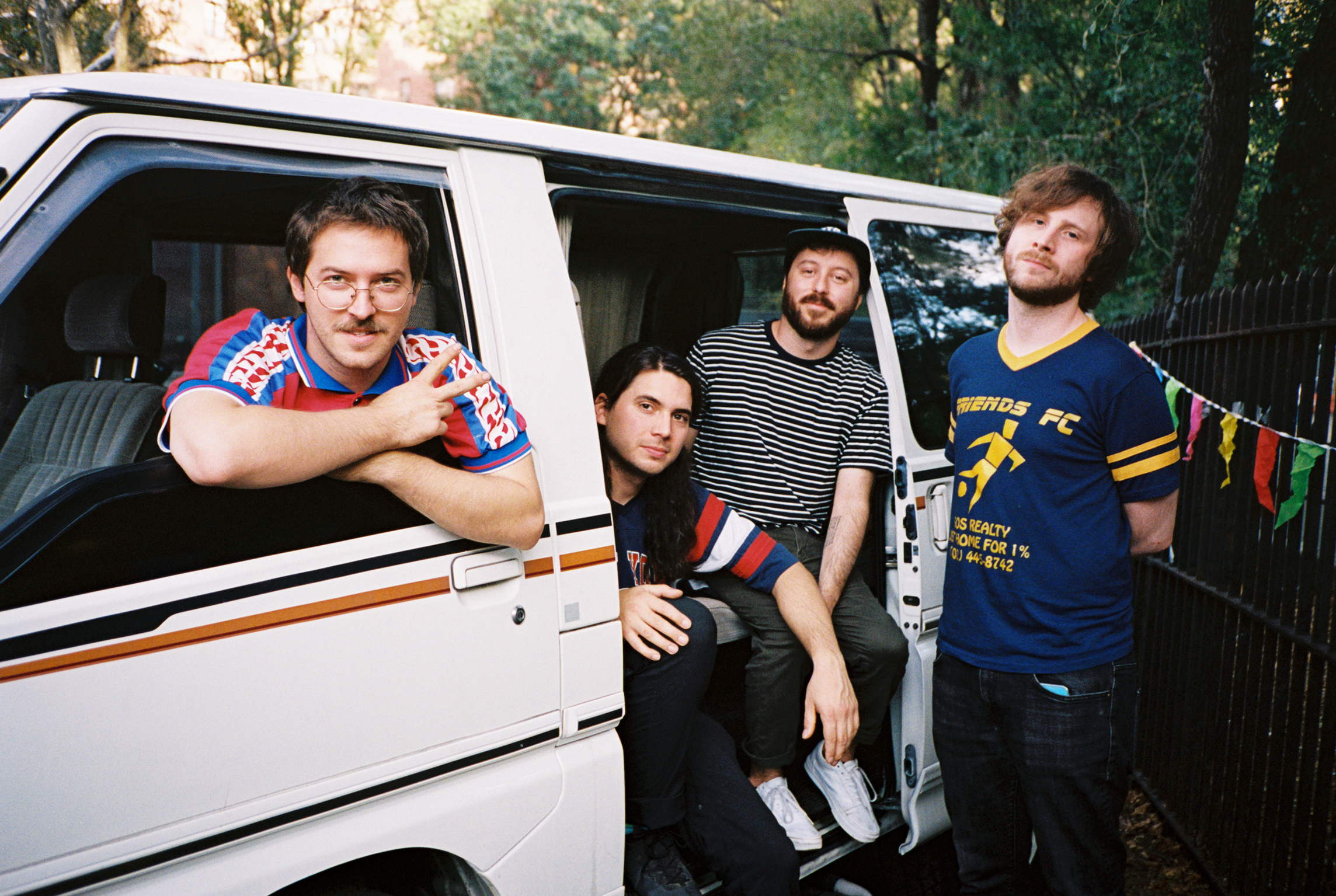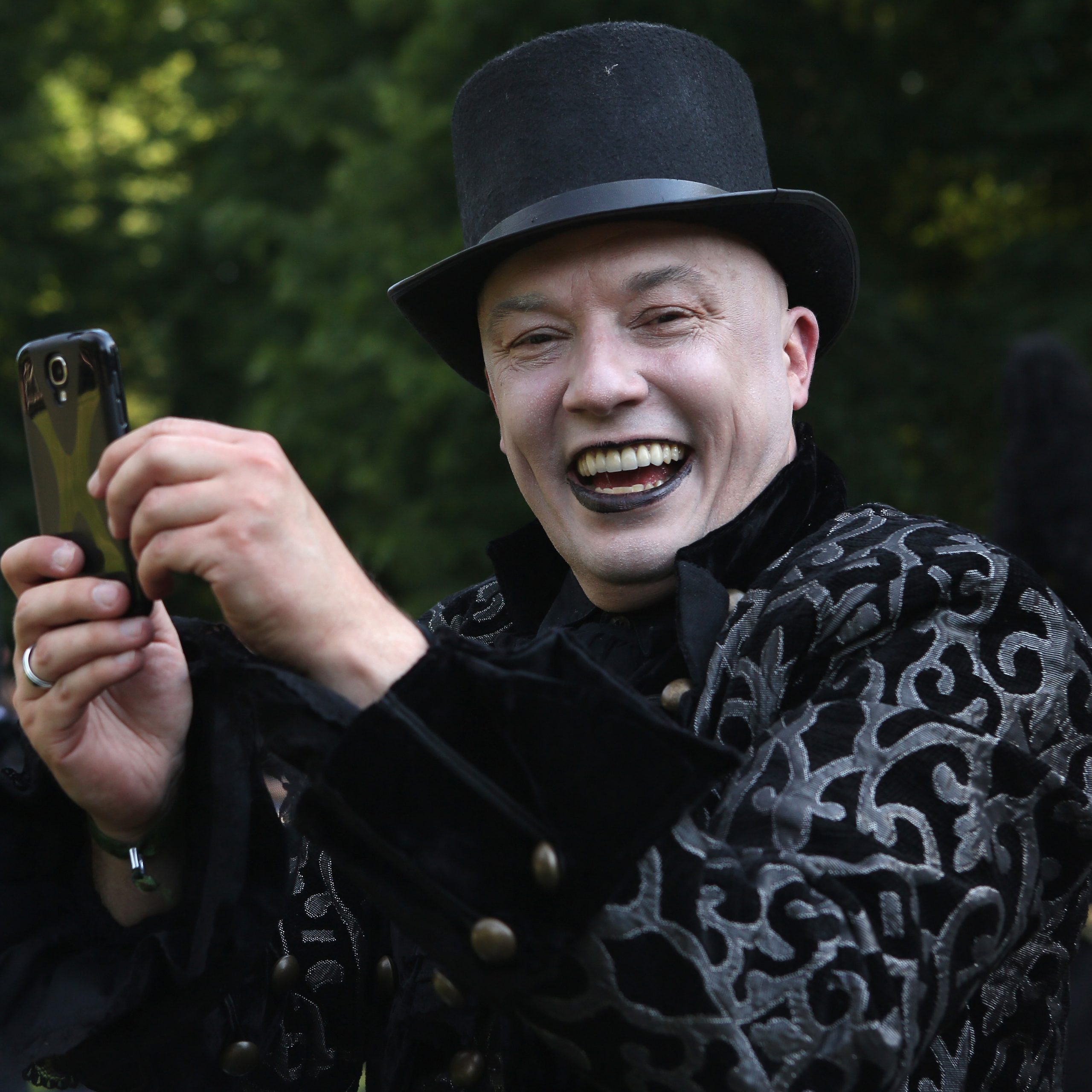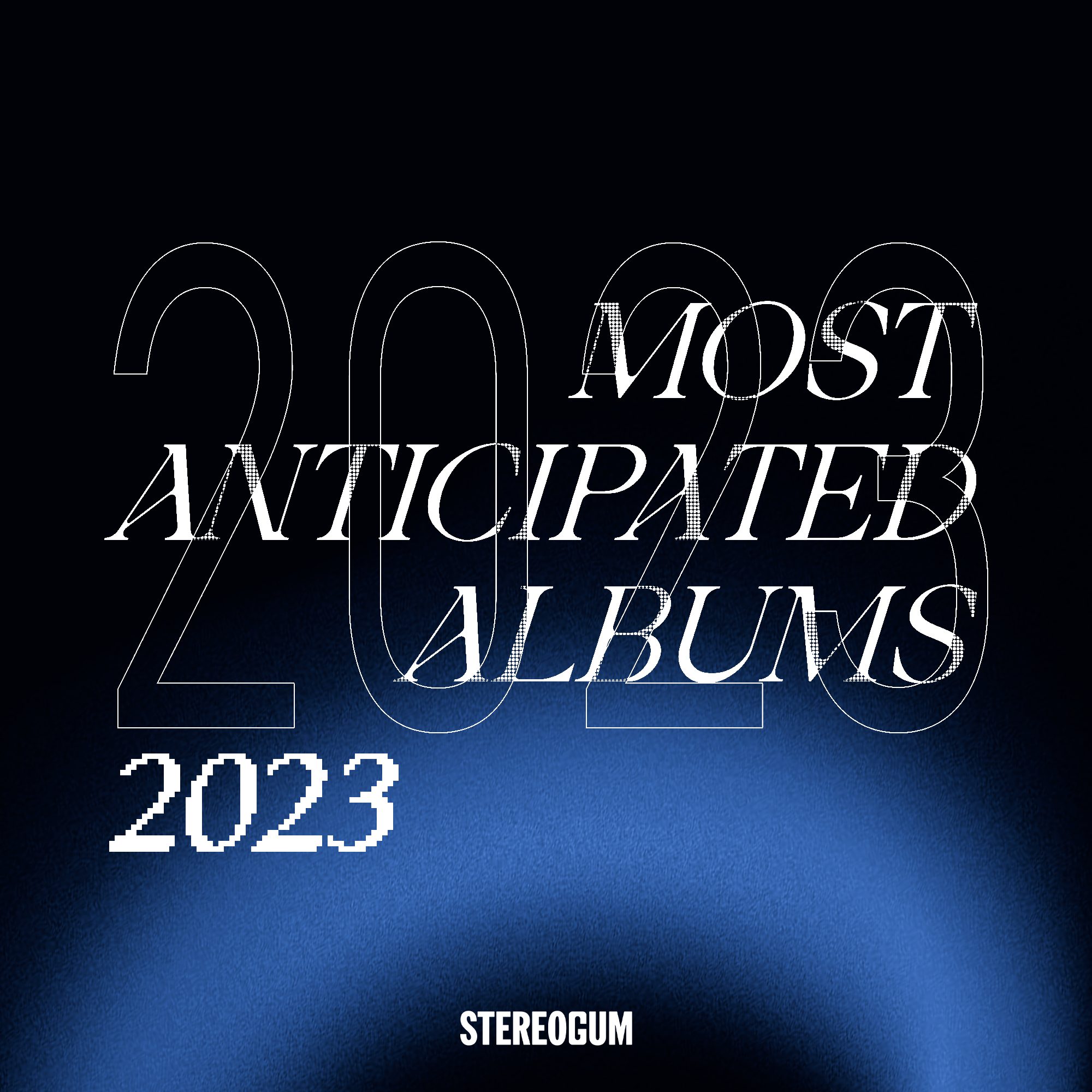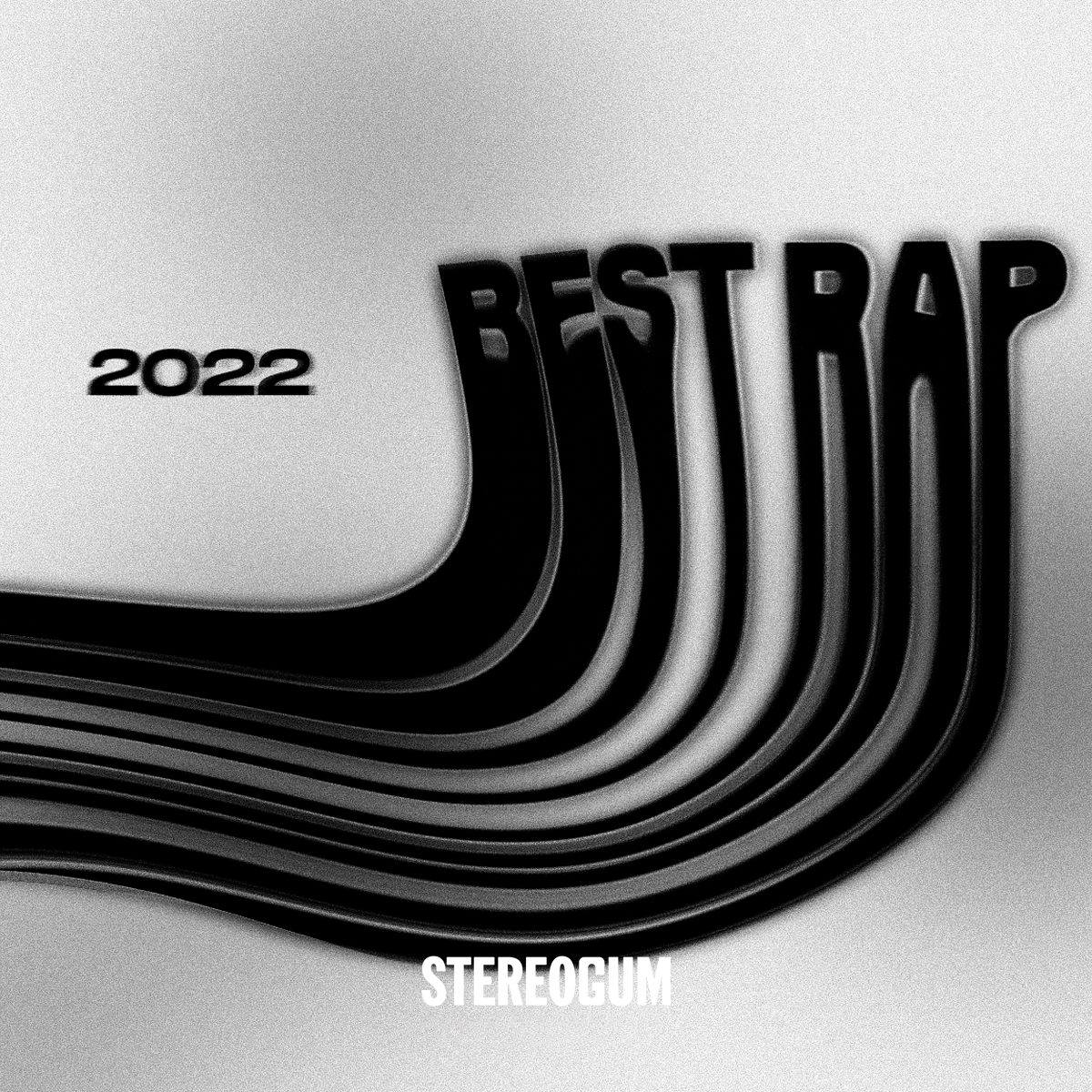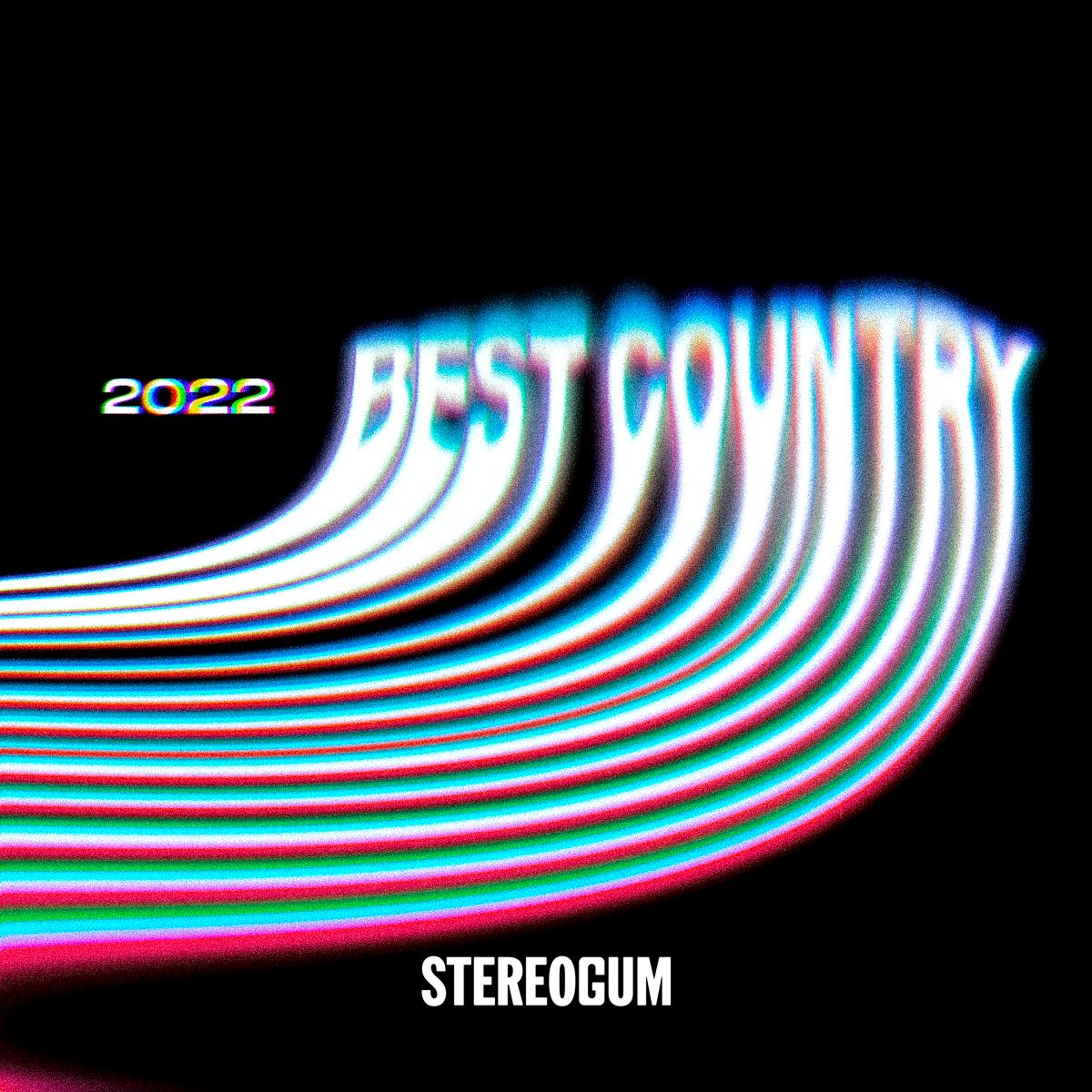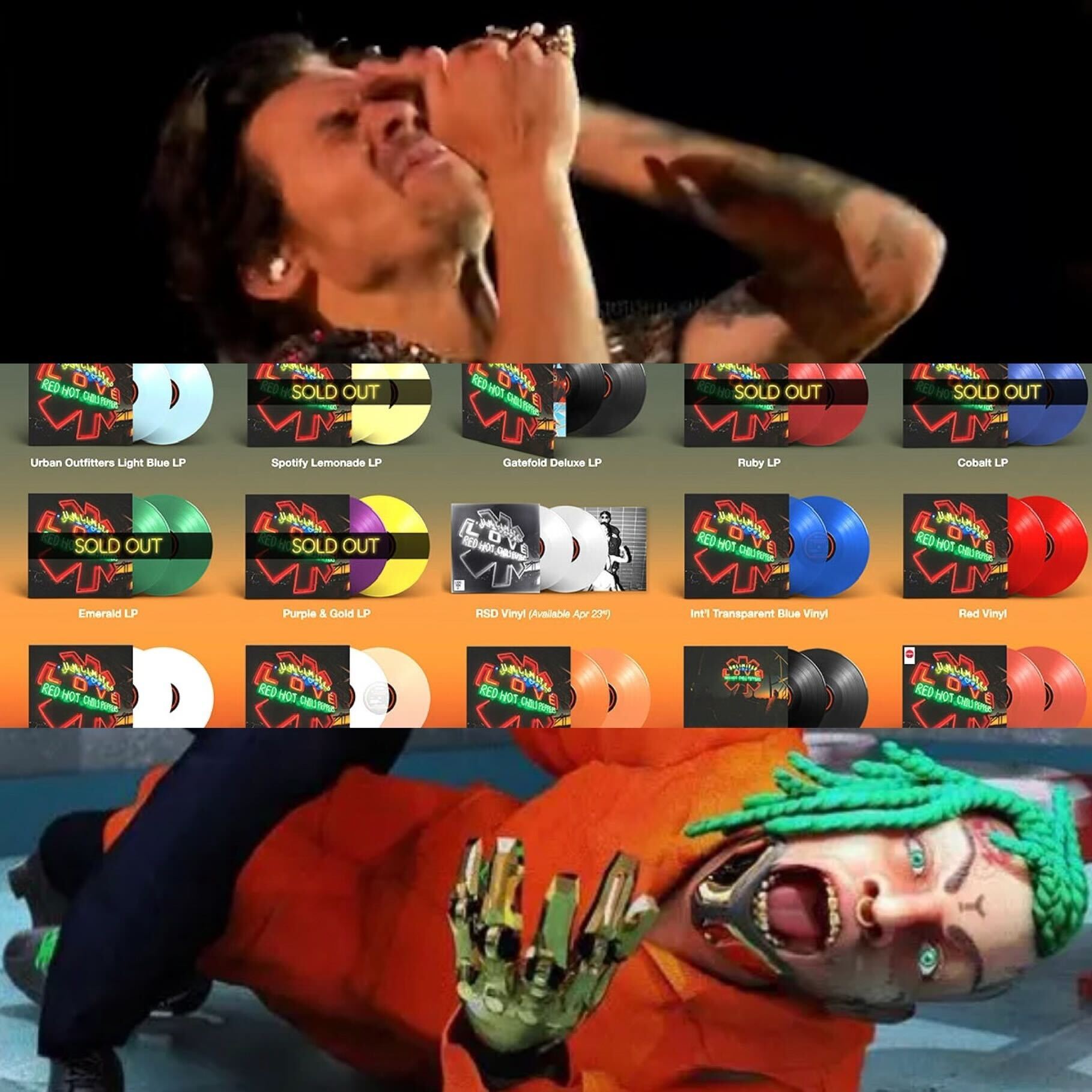When you think about the biggest earworms of the past century, you might immediately turn to the top of the charts – immortal tracks in the pop pantheon like "Yesterday" or "Billie Jean" – or you may consider themes from historic blockbusters such as Star Wars or Ghostbusters. I would argue, however, that the melodies most universally known – and associated with the most immersive emotions of our collective cultural life – are from video games, a media form that is commercially bigger than sports or the music and film industries combined. Far from the discipline of "geeks" and "nerds" portrayed by nostalgia TV, in 2022 gaming is more widely accessible and uniquely beloved than ever before.
Modern video games no longer derive their impact solely by offering grand quests with enterprising heroes. Increasingly this past decade, the most renowned games have centered on more intimate tales of personal growth, abstract inquiries into the human experience, or simply effective simulations of everyday life. Studios have relied on the talents of composers – from working legends like Nobuo Uematsu to contemporary stars like Lena Raine – to flesh these worlds out with richly detailed loops, evoking the vast expanses of their overworlds to the eerie confines of their dungeons. There is arguably a higher bar to clear for musicians in the medium; the tunes embedded in games must not only sound pleasant on repeat during your second, third, or thirtieth attempt through a level, but interact dynamically with a players' inputs, factoring in the imagery, pace, and tone of play to keep you in sync with the simulation.
Public appreciation for video game music has blossomed in recent years, at least in fan-defined spaces like TikTok and YouTube, where classic tunes from GoldenEye and Donkey Kong that have never been given commercial releases receive their due recognition in rip uploads, memes, and remixes. Those who haven't tapped in since the "Super Mario Theme" might be surprised at how rich the canon has grown in the years since Koji Kondo redefined what computer chips could make us feel. And as millennials who grew up during the rise of Nintendo and Sony's industry reign have done with pop-punk and nu-metal in the mainstream, their nostalgic interests are being fashioned into a full force commercial consideration.
I am finding video game music popping up in all sorts of places outside of consoles. At Coachella this year, the Japanese American pop star Hikaru Utada made an appearance during 88Rising's showcase on the mainstage and earned probably the biggest sing-along of the set with her Kingdom Hearts anthem "Simple & Clean." On a much more intimate scale, I recently saw the rising Chicago rockers OK Cool open for Oso Oso, and they immediately endeared themselves to the crowd by playing a handful of level themes from Super Mario 64 as their between-song transition music.
That the history of video game music is being brought back into conversation with modern tastes is heartening for fans, who have more opportunities than ever to own this music on vinyl, see it performed in concert, and simply engage with like-minded listeners. But composers in the space continue to make vital contributions, their achievements often outpacing those of peers in genres granted far more text by mainstream publications. In cataloging the best of video game music in 2022, the goal was to carve out a place to highlight the unique joys that resonate from the sonic architecture of our virtual worlds. Below you will find a snapshot of many of the most striking selections from soundtracks, renditions of classic works, and other game music ephemera heard over this calendar year.
Tour Of The Year: Anamanaguchi Performing Their Scott Pilgrim Vs. The World: The Game Soundtrack
Back in January, celebrated chiptune rockers Anamanaguchi embarked on their first tour in support of their decade-old soundtrack to Scott Pilgrim Vs. The World: The Game, a side-scrolling beat-'em-up that reimagined the surrealist Toronto of Bryan Lee O'Malley's graphic novel series for the arcade generation. Anamanaguchi's score was a riot — frenetic bursts of pedaled-beyond-recognition guitars and ricocheting drums that fashioned 8-bit tones into punk-rock performance. There was no need to be skeptical as to whether stringing these 90-second loops into a setlist would make for a coherent concert experience, because the moment the band revved into the incendiary intro "Scott Pilgrim Anthem," it was a nonstop rush set to gameplay footage that incited gawky and delirious dancing. Relative to that of the similarly cult-beloved movie, the game tie-in's soundtrack is no less effective at coloring in the space between the IP's inane meta-humor and its sincere introspective beats. So it was only right that Anamanaguchi blended these parallel universes with a cover of Metric's "Black Sheep," the single from the movie's fictional band the Clash At Demonhead – a crossover that served as the cherry on top of a night that had already fulfilled everything fans could have wanted and then some.
Cover Of The Year: Anamanaguchi's "Hopes & Dreams" (Originally By Toby Fox For Undertale)
Speaking of Anamanaguchi, the band earns another spot on this list for dipping back into a different well of the recent game music canon. Prior to the start of their tour, they released a cover of "Hopes & Dreams" from indie developer and composer Toby Fox's classic Undertale, one of the most beloved soundtracks of the present century (which itself not too long ago received a much deserved, far grander live debut). In its opulent string slashes and surging Guitar Hero-ready arpeggios, the original is one of the most effective channels in which the game delivers its message on the power of determination. Toby Fox admitted the tune was inspired by Anamanaguchi, which makes the band's cover the type of full-circle moment that befits an in-game narrative promoting the significance of community. The band offers a faithful and considered adaptation that pushes on the track's edges to increase its dynamic range – an HD remaster thankfully more in the vein of Link's Awakening than Silent Hill.
Compilation Soundtrack Of The Year: OlliOlli World
Much like with movies, sometimes the best soundtracks in gaming come not from original compositions but from immaculate curation. OlliOlli World, the latest in Roll7's cute but deceptively challenging skateboarding sim, brought players to "gnarvana" not only with its hand-drawn art style and seamless gameplay, but also by sourcing a decorative roster of choice chillwave tunes. Few names would be familiar to readers of this site, but their contributions make a compelling proposition that they should be. JIM ALXNDR's "Fruit Salad" splits the difference between the cheery loops of Toro Y Moi's Les Sins alter ego and the glitchy soul tones of Pretty Lights, while "Darling Gardens" by Midflight moves at a slower tempo, inflected with bird calls and light dubs. Each selection pairs perfectly with the dreamlike level design that lets you nose grab through floating purple gems or do a backside blunt slide over a rollercoaster-like rail, a marriage of sound and control that is hyper-efficient at putting players into a state of flow. More importantly, the ASMR-esque beats help keep your blood pressure low even after your dozenth attempt to beat Fingers' score on Rad Dad's Skatepark.
Remix Album Of The Year: Mikel's Zelda & Chill III
There is no shortage of recreations of chiptune classics littered across Bandcamp. While plenty are well-executed, few reach a level of inspiration that unearth any new thrills within the original composition. Zelda & Chill is the rare exception, a labor of love that began in 2018 and capped two months ago with its third installment. The idea is simple: Refashion melodies from across the Legend Of Zelda series into the types of lo-fi beats that have saturated college study playlists across the country. The genius is in the execution, in which Mikel uses hallmarks of hip-hop production and bass-forward grooves to break these tunes from their original context. "Hyrule Field" bumps where the original skips, turning the main motif into a jam worthy of the Majora's Mask dance. The fan favorite "Mipha's Theme" is transformed into an ethereal lullaby, something that moves more gracefully without compromising the original's haunting sobriety. My personal favorite is "Tears Of The Kingdom", a woozy and wondrous epic that crosses a valley of feelings as wide as that of Gerudo. The Zelda franchise contains some of the most iconic themes in all of gaming, so it's remarkable that Mikel was able to not only do justice, but make his own stamp on them. Listen!
DLC Soundtrack Of The Year: Kristofer Maddiga's Cuphead – The Delicious Last Course OST
Studio MDHR's old-timey boss-rush/run-and-gun classic Cuphead has gone on to become a multimedia sensation – birthing a tabletop game, a Netflix animated series, and even a run of Arby's kids' menu toys. This year's long-awaited DLC could have gotten lost in the shuffle of all this auxiliary content if it weren't such a sublime sequel to the smash hit, building on everything that sparkled about the original's love letter to rubber hose animation and the American Jazz Age. The soundtrack in particular once again pops with nostalgic verve, the feat of over 110 musicians led by composer Kristofer Maddiga. Many of the moments even surpass the original's fresh approach to pastiche, deviating from the prior emphasis on big band by marrying retro instrumentation with contemporary sensibilities, such as on the eerie "One Hell Of A Dream" and "The Finishing Touch". While Cuphead as a franchise may be tilting over a dangerous line towards oversaturation, the core product and its impassioned soundtracks are still as charming as ever.
AAA Soundtrack Of The Year: Horizon Forbidden West OST
Post-apocalyptic settings have never been a rarity in video games, but this year saw a number of high-profile releases from uncharacteristically cute protagonists like Sonic, Kirby, and the cat from Stray. Horizon Forbidden West, the epic follow-up to Guerrilla Games' Horizon Zero Dawn, is a far more traditional take on the trope. For a breathtakingly beautiful but harrowing open-world by a major studio, the seven-hour soundtrack is appropriately vast and varied. The tracks range from broadly cinematic ("The World On Her Shoulders", "These Stoned Unturned") to the more idiosyncratic and singular to the setting ("In The Flood"). Vocals by Julie Elven and Melissa R. Kaplan scattered across the soundtrack feel like lore-building folktales, at their best conveying a story-rich sweep that reminded me of the Hadestown musical. It's in those moments that the game goes beyond the standard expectations for a AAA epic, with music that is not simply grandiose but intimately and intentionally crafted. It feels born from the fictional musicians who inhabit the world themselves.
Indie Soundtrack Of The Year: Electric Dragon's Rollerdrome
https://youtube.com/watch?v=P_2PhsLjRwc&ab_channel=HatCHeTHaZ
Given the care Roll7 took in compiling their soundtrack for OlliOlli World, it should be no surprise that their other 2022 title would also feature fantastic music. A cel-shaded rollerskating-based shooter, Rollerdrome already made players feel cool as hell pulling off wallrides while firing a grenade launcher in slo-mo. But then the addition of the neon-noir soundscapes of UK producer Electric Dragon take that sensation to a whole other level. The deep undulating tones capture perfectly the tense vibe of the competitive deathmatch players participate in, and make for a surprisingly harmonious backdrop to the noise of bullets flying and wheels hitting steel. If anything, the game buries the soundtrack under all of the sound effects. Taken in instead as an album length experience at max volume, the Rollerdrome OST is pleasantly pummeling in a way that reminds me of the John Wick score. Wherever you play it, it sizzles.
Music Video Of The Year:Toby Fox, Itoki Hana, & OMOCAT's "Skies Forever Blue"
"Skies Forever Blue" – a one-off collaboration between Toby Fox and vocalist Itoki Hana – is a touching chiptune ballad with a lovely arrangement and heart-aching lyrics. But its real power comes from the poignant storytelling of its one-of-a-kind video by OMOCAT. We watch two protagonists journey together through a standard RPG campaign, tracing each significant step that led to their heroic conclusion. But before they can convey their feelings for one another, the game zooms out to the player, who leaves their handheld console in a pile of other outgrown items from adolescence and the main characters stuck in limbo. Watching, I considered my own collection of cartridges growing increasingly dated in my childhood storage, a whole universe of worlds I traversed where parts of my identity are captured in digital avatars. When the game is rebooted years later, the characters complete the story once more, but this time do not waste a second of their second chance before their save data might disappear for good. Do GameBoys dream of electric sheep? Probably not. But the characters we inhabit in games live with us well beyond when the power is off.
Song Of The Year: "Sada & Turo Battle Theme" From Pokémon Scarlet And Violet
https://youtube.com/watch?v=PMVzCbx8atA&ab_channel=Bliitzit
The latest mainline entries in GameFreak's relentless, world-dominating franchise were riddled upon release with countless bugs both hilarious and completely game-breaking. Even when fully-functional, the game still left plenty to be desired. That one of the most profitable video game properties of all time constantly cuts corners to deliver products this shoddy is demoralizing. But at least they didn't skimp on the soundtrack. The newest Pokémon games brought into the fold Toby Fox (here for the third time on this list, put respect on the man's name) to apply his touch to various battle and level themes, bringing with him a degree of inspiration for the series not heard in some time. From the propulsive slow grind of the "Area Zero Theme" to the blissful cacophony of the "Elite Four Battle Theme," the music in Scarlet And Violet sparkles with a depth of ideas and details the rest of the game would have benefitted from.
The best of the bunch is the "Sada & Turo Battle Theme," which opens with a "Tubular Bells"-like mystique that wouldn't have sounded out of place in either of Fox's other games, before exploding with synth stabs and shrapnel-like percussion that evoke equal parts motivation and fear. It stands up to many of the most chill-inducing final boss battle themes I have encountered in my time gaming, even if the long-stale Pokémon gameplay is never as challenging as the epic atmospherics would suggest. The frenetic tempo and swings from serene to siren-like harken back to the feeling conveyed by all the best moments in Pokémon, from taking on Cynthia for the title of Sinnoh's champion to meeting Red for the first time on the summit of Mt. Silver. Pokémon has a long and storied history of musical magic across the games, anime, and other tie-ins (shout out to Post Malone's batshit random but surprisingly solid Hootie & The Blowfish cover), but the "Sada & Turo Battle Theme" enters as instant canon and stands up to the best the series has ever produced.
Overall Soundtrack Of The Year: Machine Girl's Neon White OST
Given how essential music is to the gaming experience, it should be no surprise the best video game of 2022 also features the year's best soundtrack. Angel Matrix's Neon White is one of the most original offerings of any studio in any medium of entertainment, a deck-building first-person shooter and platformer that is all of those things at once but also none of them really. Most crucial to its identity is the fact that the game is designed for speedrunning, incentivizing players to beat the same level again and again to shave off incremental seconds from their previous high scores in the hopes of achieving leaderboard rankings and the associated clout. Matt Stephemson's breakcore project Machine Girl helps to instill that drive in players to keep moving just a little faster. Mixing elements of jungle, DnB, and hardcore, Neon White’s music is both unnerving and exhilarating, a perfect fit for a story about avoiding eternal damnation from a suspicious rendition of heaven.
When you are in the midst of an ideal run, the experience can feel less like a video game than a music video. The visuals just lock in with every breakneck BPM burst and the resonant metallic textures, so perfectly timed it comes off like Machine Girl are behind the screen DJing live to your performance. The music is no less potent when isolated from the game. "Glass Ocean" is all reflective surfaces, laser-like synthlines ping-ponging at dizzying speeds. The far noisier "Thousand Pound Butterfly" expands and contracts like two opposing magnets being forced toward one another. Tracks build from dreamy intros to satisfyingly cathartic overtures, and in the right pair of headphones can make a grocery store run feel like a life-or-death mission. As with the best soundtracks that came before it, Neon White doesn't just pull you in, it reaches back out into your reality.
We rely on reader subscriptions to deliver articles like the one you're reading. Become a member and help support independent media!
